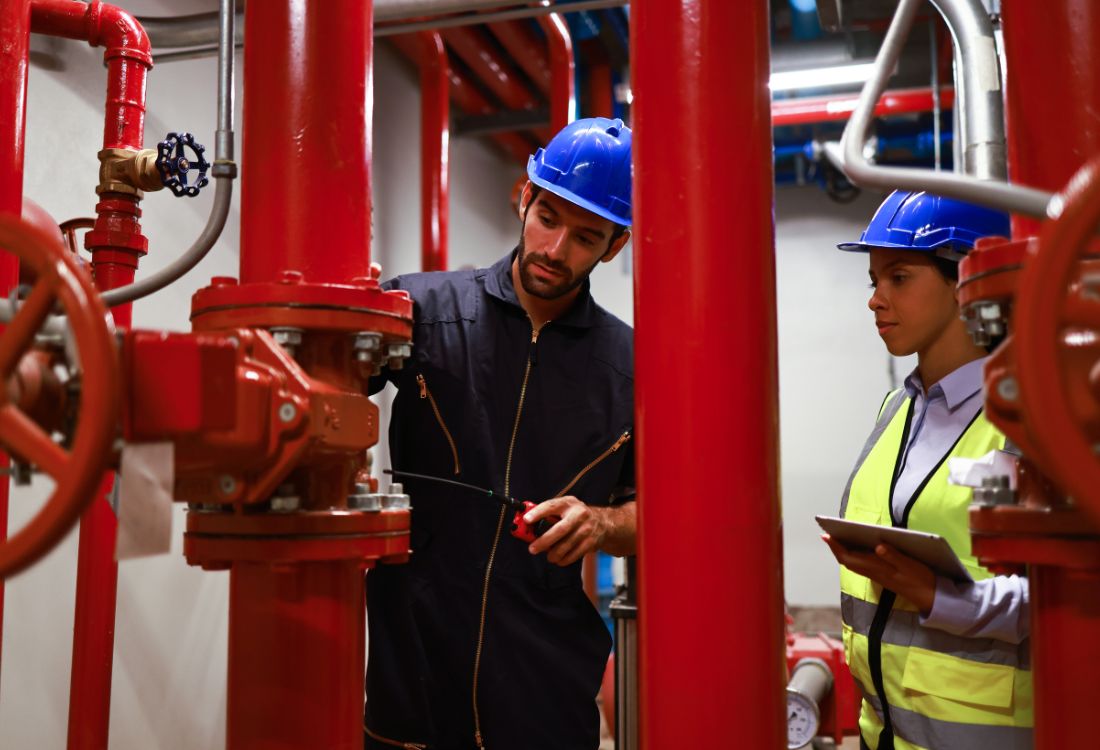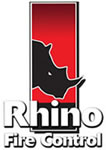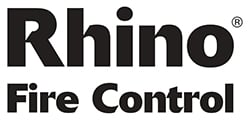
Fire Statistics in the Last 10 Years: How Big an Impact Have Fire Suppression Systems Made?
When fire breaks out, it is imperative that it is stopped in its tracks immediately. A minor blaze can become a powerful inferno in only 30 seconds, at which point you may still be focusing on evacuating the building than thinking how best to tackle the fire. Extinguishing the fire at its source is the only way to prevent it from consuming your business’s property and assets, and fire suppression systems are one of the most effective ways to achieve this.
In this article, we’ll explain what fire suppression systems are and consider their impact in the last decade.
What Is A Fire Suppression System?
A fire suppression system is a proactive safety mechanism that is designed to detect and extinguish fires in their early stages. Typically consisting of detectors, alarms, and a suppression agent, these systems automatically activate when a fire is detected, swiftly containing and extinguishing the flames. By providing a rapid response and targeted intervention, fire suppression systems help to prevent the spread of fire, minimise damage, and protect lives and property.
Where assets could be damaged using water, such as IT or electronic equipment, an alternative suppression agent is often chosen as there is little point extinguishing the fire at its source if valuable property is destroyed in the process.
How Effective Are Fire Suppression Systems?
Fire suppression systems are widely recognised for their rapid and efficient control of fires, making them a vital component in both industrial and commercial settings.
Research by the US National Fire Protection Association (NFPA) has found that such systems can cut fire-related damage by as much as 95 per cent and reduce injuries by 86 per cent. This effectiveness is particularly crucial in settings such as data centres in which a delayed fire response can lead to substantial financial losses due to operational downtime.
Fire suppression systems utilise various methods to control and extinguish fires, including the use of various chemicals like dry or wet agents or gases such as carbon dioxide (CO²). Their application is widespread in industrial environments, including factories and power stations, as well as large-scale commercial venues such as hotels, hospitals, and shopping malls.
Contact Us For More Information
To find out more about our fire suppression systems, please get in touch with Rhino Fire Control on 01278422705 or book a free consultation to discuss your business’s needs.
Image Source: Canva



